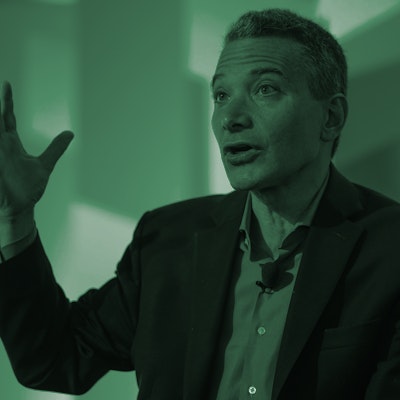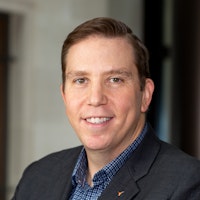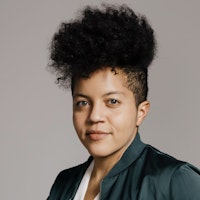
This raises more questions than it answers, and this was actually part of the Court's decision.
Show Notes
The U.S. Supreme Court overturned Roe v. Wade on June 24, 2022, revoking the federal right to an abortion. The Aspen Ideas Festival kicked off the next day, so we quickly shifted gears for the Opening Session and pulled together a stellar panel discussion that centered this groundbreaking legal decision. Laws banning abortion have already gone effect in several states as a result of this decision, and some clinics have reduced services or shut down entirely. Questions remain about what other kinds of legislation this ruling has opened the door for, including criminalization of travel or assistance for abortion, prosecution of miscarriages, or the banning of contraception. Atlantic writer Jennifer Senior moderated a discussion between legal experts Steve Vladeck from the University of Texas School of Law and Katie Keith from Georgetown University Law Center, and writers Jane Coaston, host of “The Argument” podcast and an opinion writer at the New York Times, and David French, senior editor at The Dispatch and a contributing writer for The Atlantic. This is the first of three episodes about SCOTUS decisions and the future of the Court.
Speakers
Explore
Related episodes


The reversal of Roe v. Wade would make it difficult or impossible for millions of people to obtain abortions, but would also open the doors to criminally prosecute people who seek or obtain an abortion. And in our technological age, that criminalization brings new, frightening opportunities for digital surveillance by law enforcement agencies or anti-abortion vigilantes. I...


The Supreme Court has made decisions on two landmark cases: political gerrymandering and the census.


Hear about the cases and history behind the Marriage Equality ruling.


The Supreme Court will take up contentious issues like gay rights, health care, abortion, and DACA this term, which kicked off Monday.











